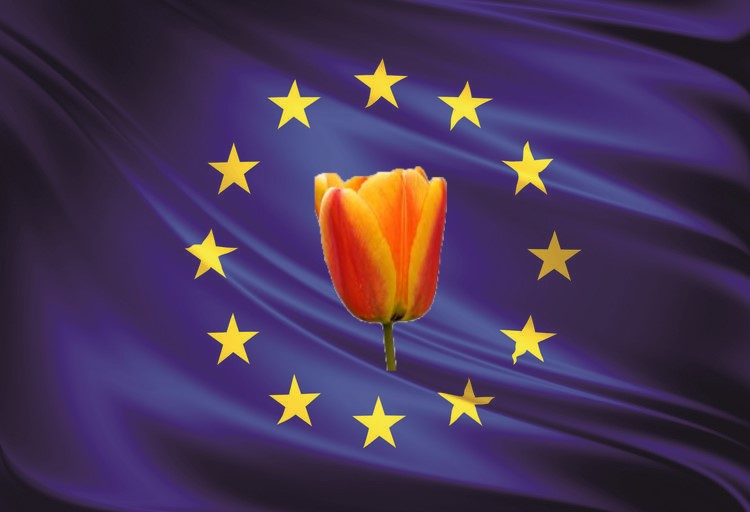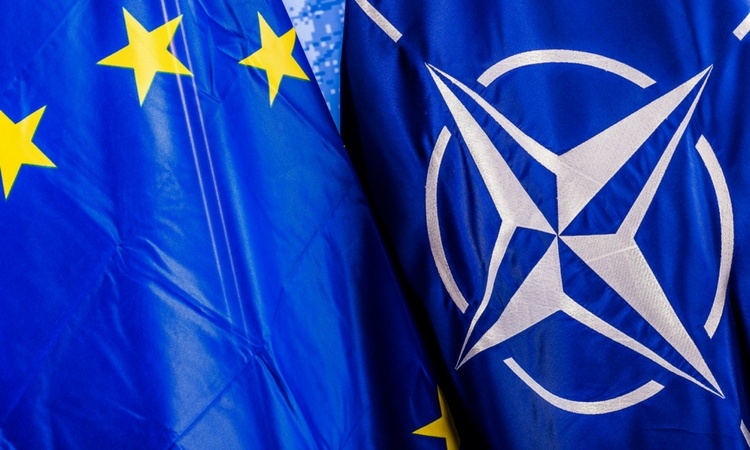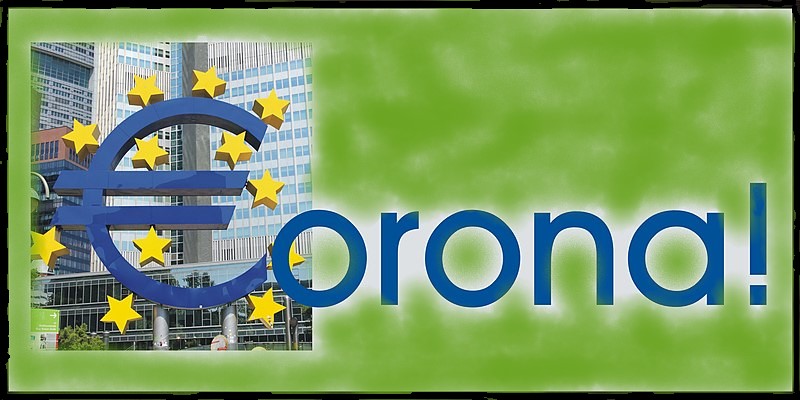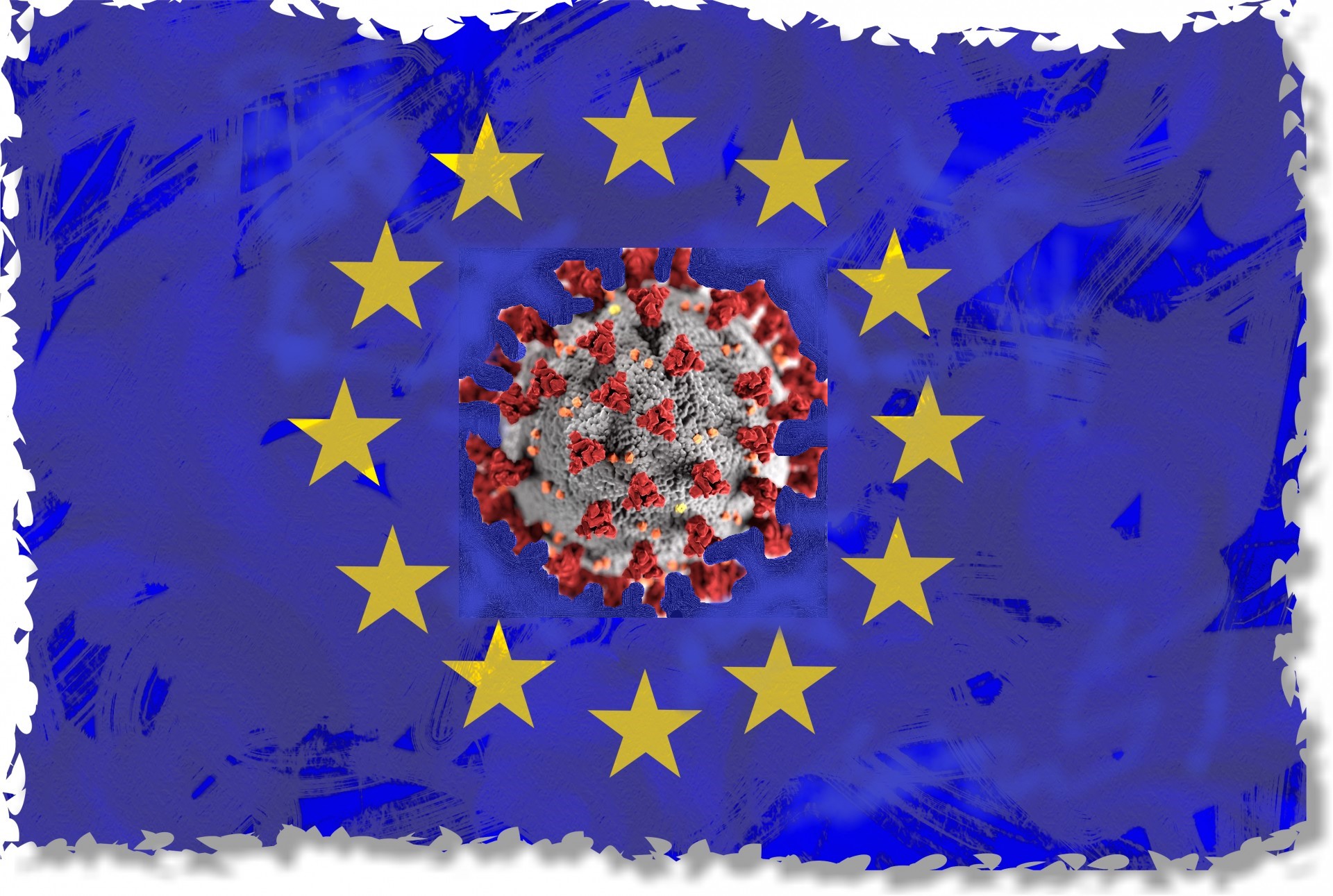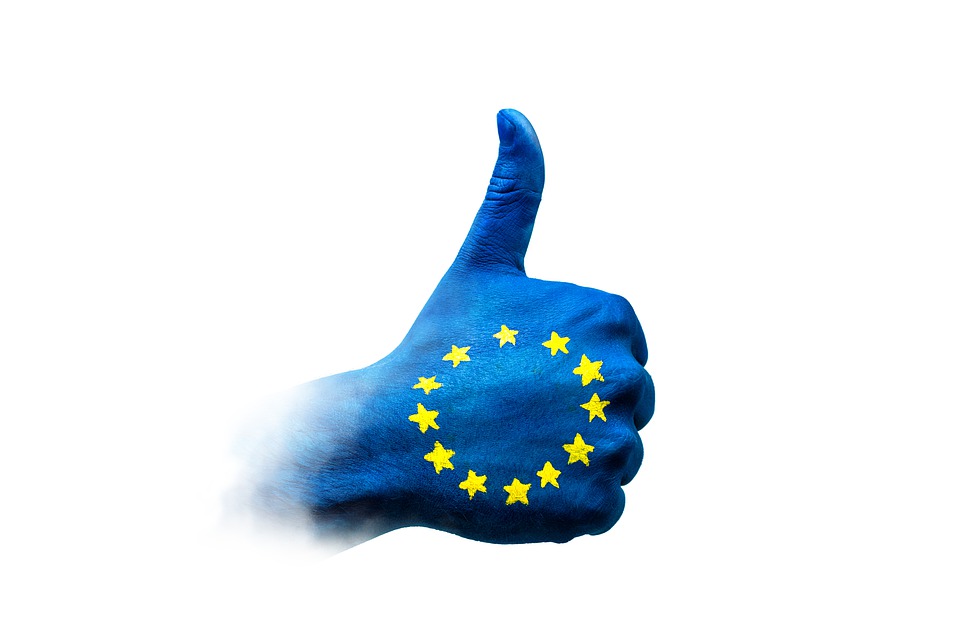Europe is a dirty word for many national politicians in EU Member States. The Netherlands is no exception. This year, for the first time, the #EUolifant (EU elephant) went viral on twitter prior to the elections, hinting that a change might be underway. The rise of pan-European party, Volt, may be part of this shift. But how deep does this change really go and how has the pandemic reinforced the somewhat stultified status quo in Dutch politics? What are the implications for democracy at both national and European level?
The national elections here in the Netherlands have raised the perennial questions of housing shortages, healthcare and education. But this year, the issue of Europe is also here. Perhaps the pan-European response to the pandemic is responsible for this shift. Despite the very vocal protests from the Dutch government against the introduction of corona bonds last year, more Europe seems inevitable. Are attitudes are shifting in a country where ‘less-Europe’ has long been a cherished campaign slogan for national politicians?
The democratic deficit
For years, the EU has been accused of running on a democratic deficit. This refers to the lack of democratic mandate from EU citizens who vote at national level for local politicians. They are unable to vote directly for those that represent them at the EU parliament in Brussels. In national political debates, Brussels is conveniently used as a scapegoat for much that is wrong while local politicians take the credit for what goes right. EU citizens themselves thus remain confused or worse, blissfully ignorant of the vital role that Europe plays in their prosperity. In Dutch politics this phenomenon has been particularly pronounced.
Common myths regarding the EU abound, even among professional, educated members of the electorate. Perhaps best understood as a strongly held belief that the EU is a money-hungry bureaucracy in which the Netherlands has too little say. Stats show that in fact the average Dutch citizen gains far more than s/he contributes toward the EU. And, that the number of bureaucrats in Brussels is comparable to those in the Dutch government! As journalist and lecturer, Caroline de Gruyter, pointed out at a recent discussion in Amsterdam, Brexit has made it easier to talk more positively about Europe in the Netherlands. There is general, if unvoiced acknowledgement that the Netherlands, as ‘the port of Europe’, needs the EU, says de Gruyter.
Integration in disguise
De Gruyter argues that the Dutch are in fact very active in Europe. She compares Dutch politicians to shoppers out with their list of priorities in the EU, looking for like-minded partners with whom to do business. ‘Lots of things are happening in Europe at the moment and the Dutch are in all of them’ assures de Gruyter. But after the fuss they made about the corona bonds, politicians have to be careful how they play it, she explains. Certainly, Mark Rutte’s strategy regarding the EU seems to be ‘integration in disguise’ notes Luiza Bialasiewicz, Associate Professor in the Department of European Studies at the University of Amsterdam. It is definitely something at which he has become very good, agrees Pepijn Bergsen, Research Fellow in the Europe Programme at Chatham House. Bergsen believes that this approach will continue for the foreseeable future.
In spite of expectations that the pandemic might cause shifts in the Dutch political landscape, Bergsen admits that this has not really occurred. De Gruyter puts it down to a tendency, seen across Europe, to ‘rally around the flag’. Matt Steinglass, Europe correspondent for the Economist, suggests that there has been a consensus on the political left, not to attack the government in a time of crisis. He argues that the left ‘were already low but the pandemic has left them paralyzed’. The result; a stultified political landscape in the Netherlands, underpinned by a somewhat misplaced sense of complacency that all is well. Steinglass cites the country’s relatively poor handling of the Covid crisis as evidence of an inability to change in response to changing circumstances.
Left out
Arun Chaudhary, American campaign advisor to Obama and now the Dutch Labour Party, argues that although there are a lot of parties in the Dutch system, ‘when you look at the data, you still have just two teams’. One team, he argues, has a clear captain – referring to Mark Rutte, while the other, left-wing team ‘just has kids’. Perhaps this is why there has been a lack of real opposition from the left to the current government. Chaudhary agrees that Rutte in particular, is extremely well established as a leader. He is more popular than his party and this makes criticism of him risky for opponents. The pandemic too, ‘slowed the election’, he agrees.
Chaudhary points out that the political left has lost much of its working class support because it has ceased to deliver the kind of tangible results typically expected by its supporters. He describes the left as ‘more of a life-style choice’ for the professional middle class. For these people politics is not so much about community building. It is comparable rather to the gym or club you join, the newspaper you read or the vacation destination you choose. This phenomenon helps explain the rise of populism across Europe. Perhaps it also explains the lack of genuine debate around the issue of Europe. It is the average working wo/man who needs to be convinced of the importance of Europe in their lives. But which team is able and willing to do this?
Problem lies at national level
As the initiators of the #EUolifant twitter campaign point out, the lack of genuine debate around Europe’s role in Dutch political decisions was still largely absent in the recent election campaigns. Debate at national level on vital decisions involving Europe is central to the democratic process. A lack of local debate on issues such as coronabonds and vaccination passports means that national politicians may find themselves out of touch with changing attitudes toward Europe. It also leaves the public with the familiar feeling of being left out of the loop when it comes to EU policies that affect their lives. Perhaps, as the EUolifant initiators point out, the problem of the democratic deficit does not lie in Brussels but much closer to home, at the national parliament level, right here in the Hague.

